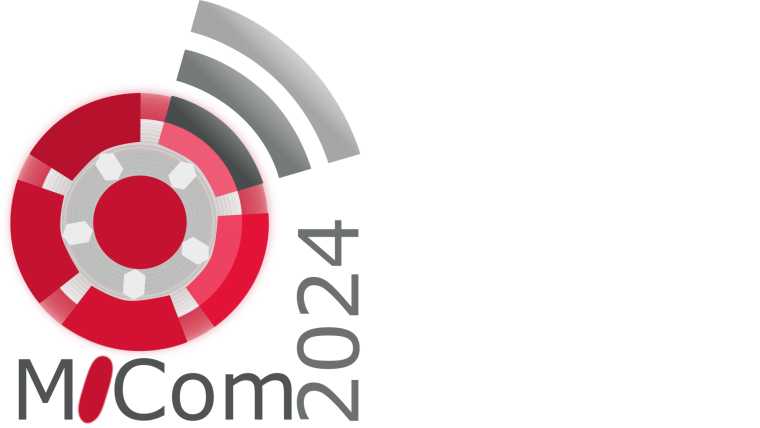
Salary Negotiation Workshop for Early Career Professionals from MLP SE:
from Jan Bunk, MLP SE
Discover Your Market Worth and Secure Your Deserved Income.
As you near the end of your studies, the anticipation grows: What salary should you aim for in your job applications? How do you assess your own market value? And what strategies can you employ to ensure you start your career on the right financial footing? Master the art of self-promotion, equip yourself for successful salary negotiations, and exude confidence throughout the process.
In this seminar, you will:
- Conduct a personalized salary analysis to determine your market value
- Hone your negotiation skills for various scenarios
- Gain insight into your strengths and weaknesses, both generally and in negotiation contexts
- Prepare thoroughly for salary discussions
Key Features:
- Access to insights from the MLP salary database
- Engaging role-playing exercises based on real-life scenarios
- Expert advice and invaluable tips to navigate negotiations effectively
Statistics Insights
from Christian Zerfaß
In this session, we will look into the idea of using statistics to validate our data. We will discuss the fundamental insights that statistics are able to give us, the limits of interpretation, and common pitfalls in statistical data analysis. We will also take a glimpse into uni- vs. multivariate analysis tools, which data they apply to, and the information they can provide us on our data structure.
How to Manage a Dual Scientific Career Family?
Miriam Agler-Rosenbaum, Leibniz Institute for Natural Product Research and Infection Biology, Hans Knöll Institute Jena, Bio Pilot Plant
Matt Agler, Friedrich Schiller University, Research group Plant Microbiosis
Combining a successful scientific career with a lively and centered family life is well possible… it just takes a little bit of planning. We would like to share our experience and discuss questions like:
- When is a good time to have kids?
- How to organize your work before parental leave?
- Parental leave for how long and working part-time during parental leave?
- Going back to work: Was it difficult to leave the kids and to reincorporate in the lab?
- Was the road to become group leader/professor somehow delayed?
- In practical terms, how did we manage it? Division of tasks and "roles"?
- Who supported us? Family, tutors, the system..?
- … any questions you bring to us during this rather informal workshop discussion….
Streamline your cell imaging workflow and find your cells again and again &
Your way to industry after academia career
from Thomas Speiseder, ThermoFisher Scientific
What to do after your PhD
from Dr. Maria C. Stroe and Dr. Mario K.C. Krespach
AI in science
from Thomas Witzgall